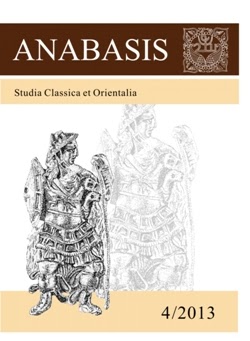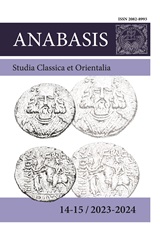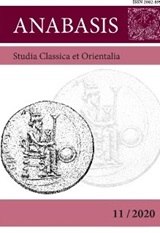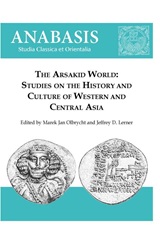The Mission of Philiscus to Greece in 369/8 B.C.
Keywords:
Greeks, Persians, diplomacy, Philiscus, AriobarzanesAbstract
The paper is devoted to the mission of Phyliscus to Greece. This mission belonged in the category of unofficial diplomatic enterprises that had been regular in Persian foreign policy since the period of the Greco-Persian Wars. The sources attest that Philiscus was the key agent in the GrecoPersian relations at least for decade (375–365 B.C.) and played a significant role in communications between the Great King of Persia, satrap Ariobarzanes, and the Greeks. The failure of Philiscus’ mission attests the decline of Persian influence on Greek affairs since it was the first unsuccessful Persian diplomatic enterprise for some last decades (at least since the Peace of Antalcidas). The reasons for this failure was that the political instability in the Persian Empire in that period resulted in the Great Satrapal revolt in 362/1 B.C. actually decreased the King’s capability to be involved actively in Greek affairs and the Greeks themselves realized this and did not consider the Persians as the “influenced force” in their interstate relations.
Downloads
Published
How to Cite
Issue
Section
License
Copyright (c) 2013 Anabasis. Studia Classica et Orientalia

This work is licensed under a Creative Commons Attribution-NonCommercial-NoDerivatives 4.0 International License.









